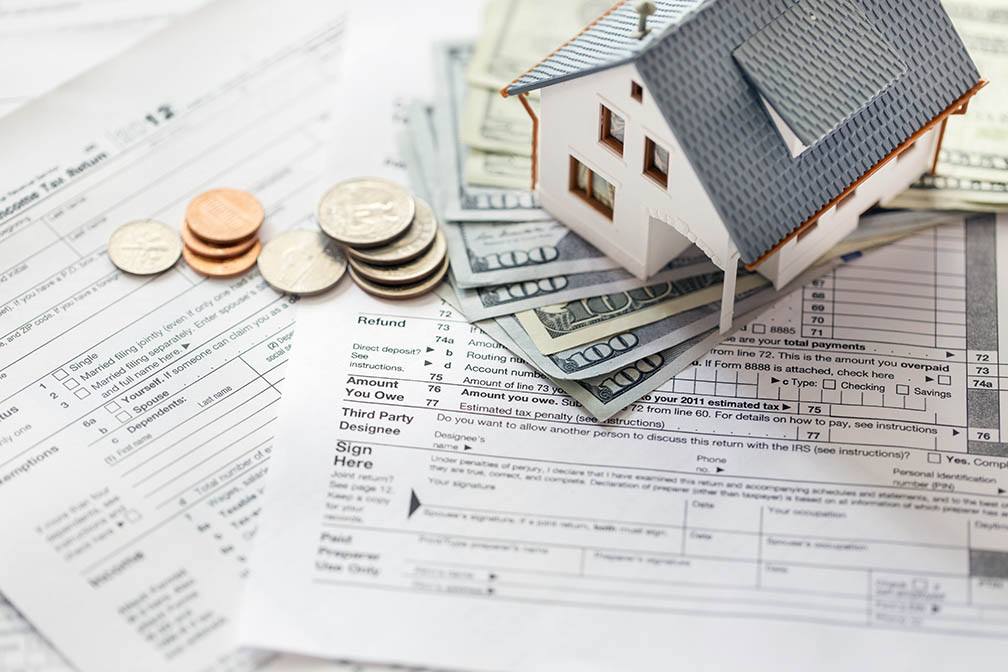 The idea of paying off your student loans and buying a home at the same time can seem like an impossible feat given the impact on your Debt-to-Income (DTI) ratio. However, there are ways it’s possible to have enough funds and good enough credit to make your dream of home ownership come true a little more quickly. If you’re currently considering how to manage both, here are some options you might want to consider.
The idea of paying off your student loans and buying a home at the same time can seem like an impossible feat given the impact on your Debt-to-Income (DTI) ratio. However, there are ways it’s possible to have enough funds and good enough credit to make your dream of home ownership come true a little more quickly. If you’re currently considering how to manage both, here are some options you might want to consider.
Decrease Your Debt
Lenders will be looking at your DTI ratio in order to determine whether or not you’re a solid financial bet, so before throwing yourself into the market, it can be a good idea to minimize your debt load. While this doesn’t mean paying off all of your student loans, try putting more down over a period of a few months so you have additional wiggle room. By making a budget plan that you can stick to, you’ll slowly eat away at the principal and have a little more room to invest when the time comes.
Add Another Income
You’re probably working pretty hard in your post-student life to make ends meet and pay off debt, but one of the best ways to pay off two loans is to bump up your income. Whether you decide to find something part-time on the weekend or hone one of your skills for freelance profit, a little bit of extra money each month can make a huge dent in the amount you owe in no time at all.
Consider A Starter Home
It’s entirely possible that you’ve got your eye on your ideal home, but if you’re dealing with student debt there’s a pretty good chance that the monthly payment will be unattainable. Instead of choosing a home that’s out of your league, make your dream of ownership come true by picking something that will be affordable month to month. While it might not be exactly the house you’re dreaming of, you’ll still be putting equity into something so you’ll have money to invest down the road.
It’s certainly not an easy feat to take on student loans and mortgage debt at the same time, but by improving your income and paying down as much as possible before investing, you may be able to do both at once.
 If you’re trying to buy a new home, few things are more frustrating than a hot real estate market. When home prices are climbing fast it can feel like you’ll never be able to save enough for your down payment. In today’s post we’ll share a few ways that you can get in – even if you’re feeling priced out.
If you’re trying to buy a new home, few things are more frustrating than a hot real estate market. When home prices are climbing fast it can feel like you’ll never be able to save enough for your down payment. In today’s post we’ll share a few ways that you can get in – even if you’re feeling priced out. Are you thinking about buying that perfect new home? Whether you’re buying for yourself or a new home for a family, there will be many costs involved. Let’s take a look at 3 budgeting tips that will help make home ownership on a single income easier.
Are you thinking about buying that perfect new home? Whether you’re buying for yourself or a new home for a family, there will be many costs involved. Let’s take a look at 3 budgeting tips that will help make home ownership on a single income easier. The idea of purchasing a property and having renters can be an exciting business venture that offers lucrative financial rewards. However, there’s a lot involved in being a successful landlord and it’s important to be aware of what’s required before making the commitment. Whether you’re investing in one rental property or five, here are some questions you should ask yourself before getting involved.
The idea of purchasing a property and having renters can be an exciting business venture that offers lucrative financial rewards. However, there’s a lot involved in being a successful landlord and it’s important to be aware of what’s required before making the commitment. Whether you’re investing in one rental property or five, here are some questions you should ask yourself before getting involved. Are you on the hunt for a more efficient living space? Whether you’re a first-time buyer or downsizing from a larger home, buying small can still mean living big. Let’s explore four positives to living in a smaller, more intimate house or condo.
Are you on the hunt for a more efficient living space? Whether you’re a first-time buyer or downsizing from a larger home, buying small can still mean living big. Let’s explore four positives to living in a smaller, more intimate house or condo. It’s great news if you have enough financial capital that you have the option of investing in a rental property, but being able to afford it is only half the battle. Since you’ll need to find and keep the right renters in order to make a profit, here are some ways that you can ensure your property will be a financial benefit.
It’s great news if you have enough financial capital that you have the option of investing in a rental property, but being able to afford it is only half the battle. Since you’ll need to find and keep the right renters in order to make a profit, here are some ways that you can ensure your property will be a financial benefit.